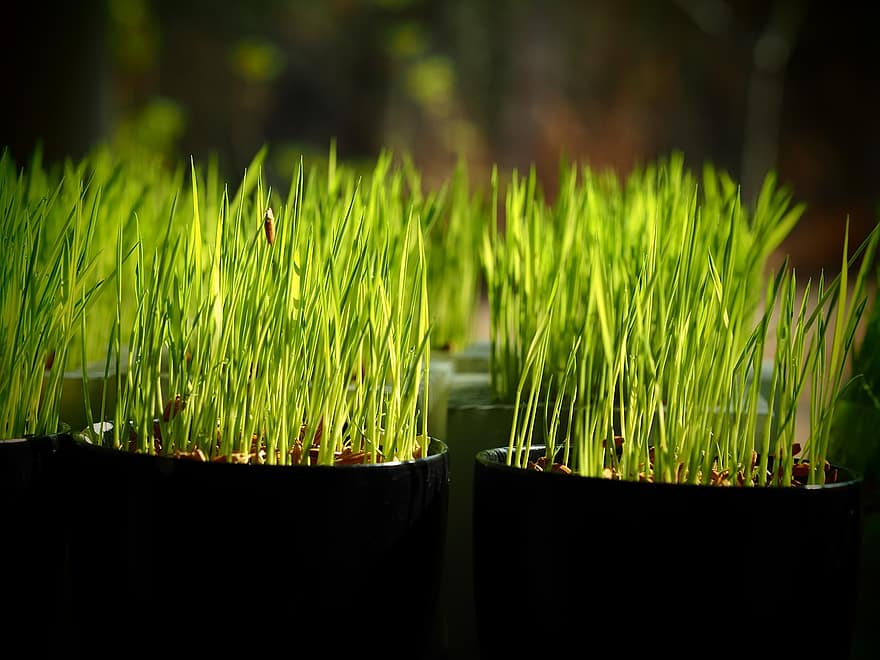You are probably curious about how does oil affect plant growth, and it leads to drawbacks in photosynthesis and issues in processes and morphology. As a gardener, one must know what factors affect plant growth to ensure no weaknesses in plants’ health and productivity. Therefore, it’s not enough to provide the ideal growing environment for plants.
It would be best if you also learned how oil affects plants, particularly in photosynthesis. Remember that any issue with this process will inevitably cause problems with the way plants to develop everything from their roots to fruits. The article below should help you understand the connection and apply the knowledge when managing your plants.

Effects Of Oil On Plant Growth: Water And Soil Contamination
Drawbacks in photosynthesis
Water contamination
You must know the effect of oil on plant growth because it is detrimental to the process of photosynthesis. The most straightforward example to understand this is how oil spill blocks the sunlight from reaching the plants in water. More so, oil can block sunlight if it coats the plant leaves, which prevents them from having enough energy to conduct photosynthesis.
The oil itself can even poison the water and kill the beneficial organisms for the plants. Remember that this can lead to lower pH levels that can stress plants. And afterward, the residue can elevate the temperature due to absorbing solar radiation, making photosynthesis slower.
Issues in plant processes and morphology
Soil contamination
Oil can also contaminate the soil, and its effects on plant growth are as detrimental as oil spills in bodies of water. A study has shown how having petroleum and its derived products in soil cause growth and developmental issues in plants. Unlike oil contamination of water that directly affects how plants conduct photosynthesis efficiency, having issues in processes and plant morphology from soil contamination will cause problems in their growth.
For starters, soil contaminated by petroleum makes it difficult for the plants to take water and minerals. This hinders the metabolic processes necessary for plant growth because the plants will be deficient in nutrients and chlorophyll. You will notice that the plants in contaminated soil have deformities and damages in morphology because of this deficiency, including their foliage, roots, and shoots.
The research has also noted how diesel oil causes the most harmful effects because it increases the heavy metals in plants and decreases substances such as sulfur, carbon, and nitrogen on plant leaves. The impact of soil contamination is evident even after three years, and it can even cause harmful substances to accumulate in plants.
How Water And Soil Oil Contamination Affects Plant Production
Effects on plant yield and quality
Both water and soil contamination will lead to issues in plant growth. Therefore, growers can experience underwhelming yield and produce low-quality crops. Remember that the only way you can ensure profit is by consistently having plants with good quality at buyers’ rate.
Area limitation and safety of crop consumption
This will impact the economy and efficiency of production, and one will be limited in areas for growing plants to ensure that there is no contamination. Otherwise, you’ll encounter issues with seed germination and availability of viable seeds, poor soil condition due to the limited decomposition of organic matter, and general toxicity of the soil. Moreover, the studies that concluded the presence of harmful substances in plants makes the yield unusable for human consumption.
Growers must wait for the areas to show no presence of oil contamination before they can start cultivating plants. Studies have even confirmed how oil spills will reduce plant growth or even cause plant death on agricultural lands with oil spills. However, it’s worth emphasizing that the severity of these effects will still depend on the oil itself, the plants, and the environment.
How To Boost Plant Growth
Many factors can positively affect and boost plant growth. Besides the obvious, which is providing optimal nutrients, the environment plays a significant role in developing healthy plants and yielding many of them. This is why growing in the greenhouse is advantageous for most plants because gardeners can provide the conditions they require to develop well.
For example, light, temperature, and humidity are all easy to maintain indoors and even adjust according to your specific plants’ needs. On the other hand, if you subject plants to fluctuating conditions or too little or too plenty for them, you can expect them to get stressed and perform at a slower growth rate.
Conclusion
As a grower, you have to know what negatively affects plants to ensure quality yield at an optimum rate. Therefore, how does oil affect plant growth? Is oil contamination of water and soil detrimental for growing plants?
The quick answer is yes because it causes issues in photosynthesis, plant morphology, and processes, which all lead to problems in growth and even death of plants. As a result, you should ensure that the site you’re using is not contaminated because plants can develop damaged parts or even accumulate harmful substances for human consumption. However, remember that you must not only know what can negatively affect plant growth but what can also boost growth and use them to your advantage.
